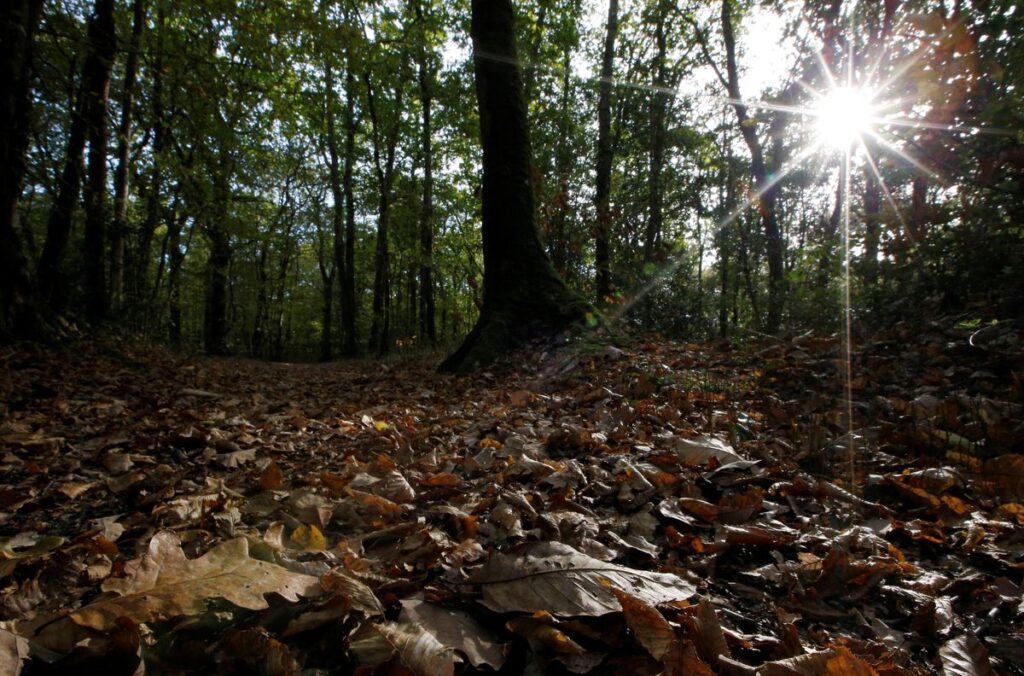World’s Underground Fungal Life To Be Mapped For First Time
Dec 1, 2021 | Pratirodh Bureau
The Supreme Court upheld the landmark judgement in the case of T.N. Godavarman Thirumulpad v. Union of India of 1996, which ruled that the definition of forests is “broad and all-encompassing”
Scientists have unveiled plans to map the world’s huge underground webs of fungi for the first time, to identify hotspots that could better protect natural ecosystems and store carbon dioxide to help tackle climate change.
Underground fungal networks underpin the health of plants, trees and broader ecosystems by creating thread-like webs in soil that suck in CO2 and transport nutrients like phosphorus to plants.
The Society for the Protection of Underground Networks (SPUN) on Thursday said it would collect 10,000 samples over the next 18 months from around the world, using machine learning, to seek out the most biodiverse hotspots and map global fungal networks.
“When something obvious like a coral reef dies, people notice – but these guys are really invisible ecosystem engineers, so their losses are largely undocumented,” SPUN co-founder Toby Kiers, a professor at Amsterdam’s VU university, told Reuters. “That’s really where we’re trying to step in.”
Fungal networks, which store billions of tonnes of CO2, are under threat from factors including fertiliser use in agriculture, urbanisation and climate change, according to SPUN, a non-profit network whose members include scientists from the United States, Germany and Britain.
The world-first map will be used to identify sites with the potential to store more CO2, and withstand changes brought about by global heating.
SPUN said it would also identify at-risk areas and work to improve conservation of below-ground biodiversity hotspots.
The project is backed by a $3.5 million donation from the Jeremy and Hannelore Grantham Environmental Trust.
Fungal networks are an “invaluable ally” in the fight against climate change, Jeremy Grantham said. “And yet these carbon sinks are poorly understood.” (Reuters)
